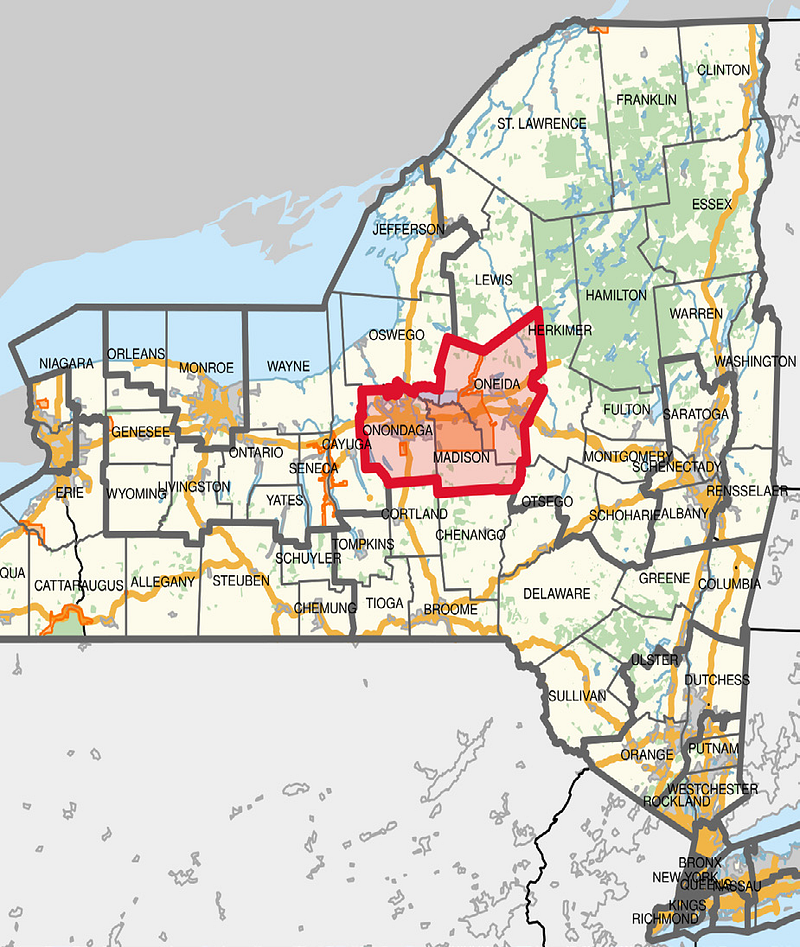
With the presidential election on the horizon, Hamilton students’ voting is once again in the spotlight. The youth vote, defined as the voting demographic of people ages 18–24, is a perennial concern nationally. Historically, this group records the lowest turnout compared to other age groups, despite being a critical bloc for shaping long-term political trends. While college-educated voters have higher turnout rates on average, the urgency surrounding the youth vote is still such that political candidates regularly make visits to college campuses.
So what can we expect this year from Hamilton in terms of voter turnout? While there has been no formal survey of how many Hamilton students vote from year to year, voter registration amongst Hamilton students is actively followed and encouraged by student organizations.
Presidential elections reliably energize Hamilton students, with this year proving no different. “Over the years, we’ve seen that voter registration and engagement fluctuates with the election year. For example, last year, we had less engagement throughout the semester compared to this one because of the presidential election,” said a representative from HamVotes, a nonpartisan organization dedicated to voter registration on campus .
What motivates students when registering to vote? While some are driven by specific social issues like abortion and climate change — often expressed through visible demonstrations and activism — Peter Hinkle ’26, president of the Hamilton Democrats (HamDems), emphasized a distinction between political engagement and voter registration. Hinkle believes those who actively seek out political discourse on campus only constitute a minority of those registered.
Instead, when it comes to voting and political engagement, most student attention is captured by specific candidates according to the HamVotes rep.
Patterns in political engagement often mirror the same cyclical structure of voting registration, although peaks tend to occur after the election rather than before. Hinkle relayed that he has “had professors tell [him] that considerable amounts of students were visibly distraught after Donald Trump won in 2016.” He added, “I think that that will be similarly the case this year if that happens.” Similarly, Assistant Government Professor Joel Winkelman affirmed Hinkle’s impression: “After the Trump election…there was a huge surge in interest after 2016 after the election, and it kind of faded a little bit. I would expect that if Trump is elected again, we’ll see another huge surge.”
As is common for many colleges and universities, Hamilton’s student population tends to skew Democratic. Henry Platt Bristol Professor of International Relations Alan Cafruny told The Spectator, “I just assume that most students are not in favor of Trump. And I’ve asked students about that. And actually, some of my students have said, yeah, there’s a contingent at Hamilton. And, they’ve talked about some of the sports teams. But actually I don’t necessarily agree with that…the Hamilton students, they’re sort of center left. They’re probably mostly Democrats.”
Because of this, HamDems often tries to encourage students to register strategically, depending on where their vote can have the most impact. If a student resides in a reliably partisan state, HamDems recommends students register or re-register locally as Hamilton College is located in New York’s very competitive 22nd district. However, “if they’re from a swing state, Pennsylvania, Wisconsin, whatever, we say stay there. We appreciate you,” Hinkle said.
While HamDems and HamVotes report success regarding voter registration, logistical challenges unfortunately remain a barrier for many students when it comes to actually casting their ballot. Most students vote via absentee ballots, which can be difficult for both students and the college to organize given varying deadlines and rules across states, often further complicated by the inconvenience of the mail center.
Despite these challenges, HamVotes, HamDems and other campus groups continue to assist students with voter registration and absentee ballots, striving to make the process as seamless as possible.
These efforts are not concerned solely with the 2024 election, but reflect a broader mission to encourage lifelong civic habits. “Our mission is to engage as many students as we can to instill these civil engagement habits, especially for post Hamilton life,” explained the HamVotes rep.
Prof. Winkelman concurs, while also emphasizing the importance of civic engagement beyond elections, “I think that our institution and us as faculty do have a responsibility. I think it’s part of our mission to prepare students for citizenship and that takes all kinds of forms. I don’t think that participation in the elections or participation in political protest are the only forms of citizenship. But they are forms that are available, and I would encourage students to explore them.” He adds, “I’m planting seeds for post college. So when I’m thinking about it and when I’m kind of presenting those messages, I think that I’m asking them [students] to envision life after Hamilton.”
Regardless of the outcome of the fast approaching presidential election, Hamilton’s focus remains on fostering a culture of civic responsibility that will endure beyond the ballot box.

















